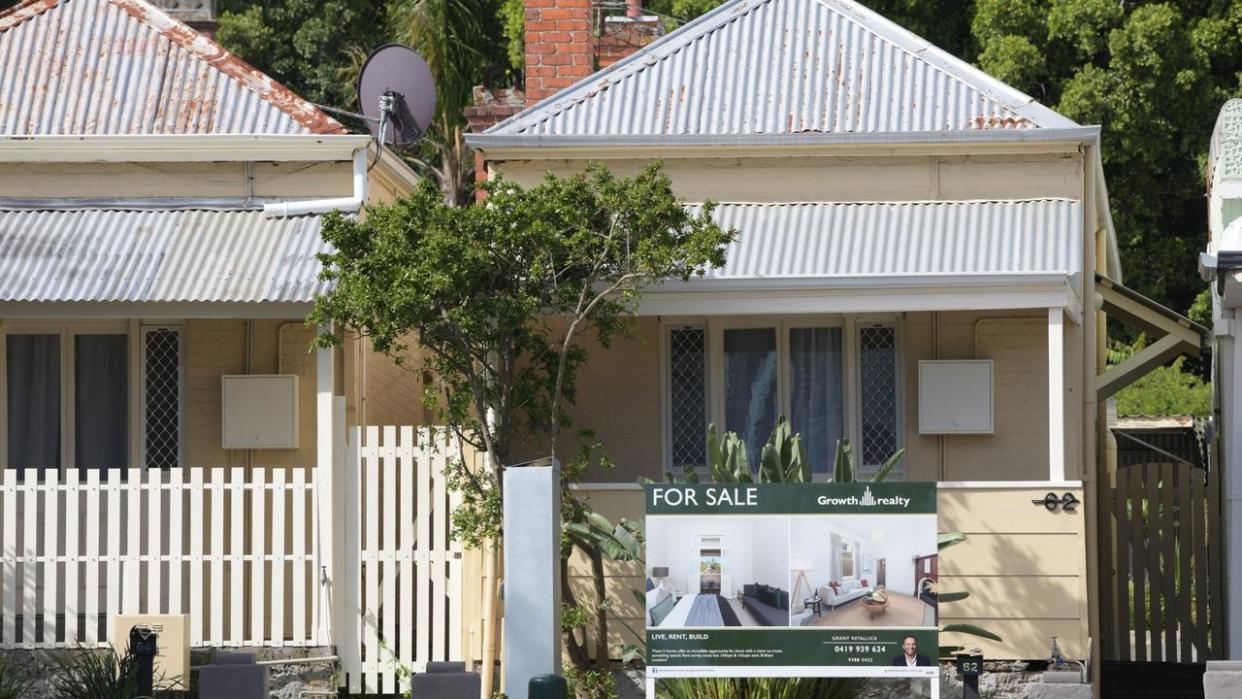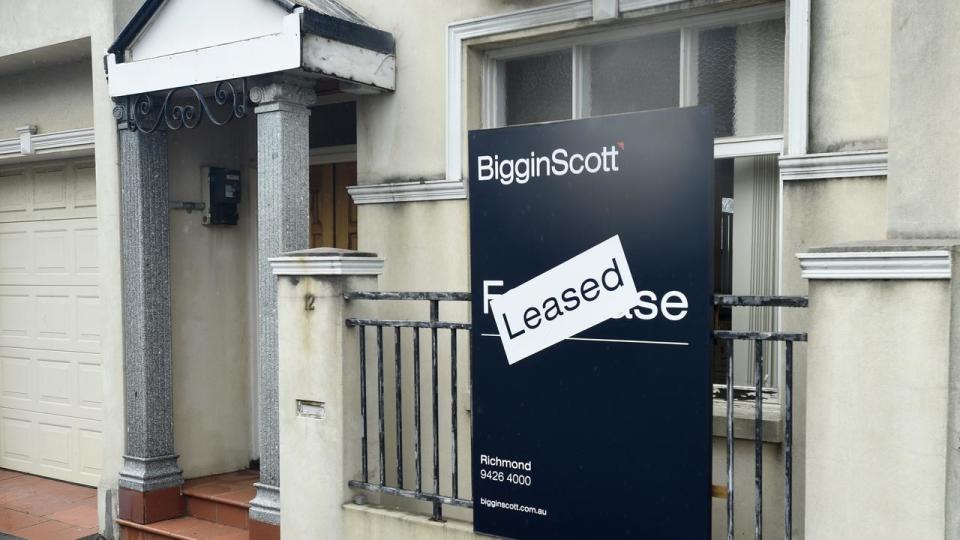‘Scared’ tenants ignored in big rent change

The WA government will introduce its first tranche of rental reforms which will limit rent increases to once every 12 months and prohibit solicited rent bidding.
Tenant advocacy groups, however, argue the reforms don’t go far enough.
A key concern for advocates is a lack of reform around no grounds evictions. Currently landlords can terminate a fixed-term tenancy at the end of the lease period with a minimum of 30 days’ notice, or a periodic lease with at least 60 days’ notice.
Under proposed legislation, rental properties cannot be advertised with a price range, while agents, landlords and property managers will be banned from asking applicants to offer a higher price to secure a property.

Agents and companies who are caught instigating rent bedding will be liable for $5000 for individuals and $20,000 for companies.
The government will also consider using “secret shoppers” to spring dodgy agents.
Tenants will also be able to make minor modifications to their homes – like repainting a wall – and be allowed to keep pets in properties, with landlords only able to refuse on “reasonable grounds”.
Disputes over bond payments, pet ownership, and modifications will also be referred to the Commissioner for Consumer Protection, meaning tenants can bypass the “adversarial and intimidating” Magistrates Court.
WA Commerce Minister Sue Ellery believes the changes strike a fair balance between giving rights to renters and protecting investors.
“It’s important to understand who owns the private rental properties. It’s the small investors, it’s the mum and dad investors with perhaps one or two properties,” she said.
“Their investment decisions are based on a range of factors that are different to those made by the big institutional investors.”

A spokeswoman for the Make Renting Fairer Alliance welcomes some of the changes, but says the move not to implement no grounds evictions was “disappointing”.
The alliance is composed of 21 different peak bodies, unions and service providers and delivers services to more than 500,000 people across the state.
“None of these changes will have really great material impact on peoples’ rental security, because they’re still under the threat of no grounds evictions,” she said.
“We’ve surveyed our own renters here in WA and found more than two thirds of renters in WA are too scared to ask for basic maintenance and repairs, let alone negotiate a rent increase, because of the no grounds evictions.
“We’ve also got tenants living with mould and living with rats and living with all kinds of awful things, because they’re just too scared to assert their rights.”
She hoped no grounds evictions would be implemented into the second tranche of reforms slated for later this year.
“That’s our opportunity and our window to make sure that no grounds evictions are included in there and we will get that over the line. It’s just a matter of time,” she said.
Ms Ellery said implementing no grounds evictions had the risk of adding uncertainty to investors and could prompt them to withdraw their properties from the market.
“If we restrict the decisions that owners can make about how they manage and use their asset, the risk we take is that they remove those from what is already a really tight rental market,” she said.

According to reiwa.com, rental vacancy rates across WA are well below the 2.5 to 3.5 per cent range which indicates a balanced market.
In Perth, rental vacancy rates have dropped to 0.7 per cent in April 2023. In April 2022, they were 1.2 per cent, and 1 per cent the year prior.
Ms Ellery says the government is prioritising boosting supply of rental homes to fix the tight market.
“There’s a strong community expectation across Australia, now that governments need to focus on housing supply; we need more houses and we need more private rental properties,” she said.
“The major driver for the pressures that renters are under now is the lack of supply.”
The first tranche of rental reforms will be introduced into parliament, with the aim to implement the measures in the second half of 2023. A second tranche of reforms will also be introduced this year.
The NSW government is also currently attempting to pass a suite of rental reforms, with the first suite of proposed legislation looking at banning rent bidding for agents, owners and third parties and creating a portable bonds scheme and implementing a transparency clause which would require agents to notify all applicants if a higher rent offer is made.
However, progress on the rental bill has stalled after legislation was referred to a short inquiry over fears the law would cement the practice of offering higher rents to secure a tenancy.


